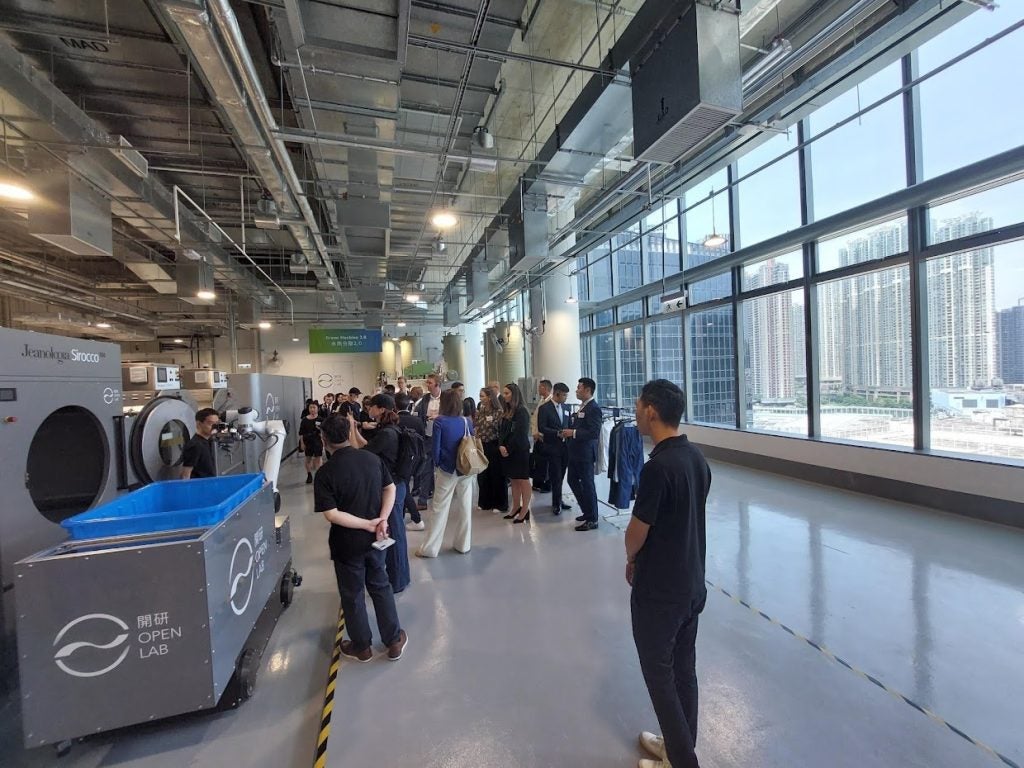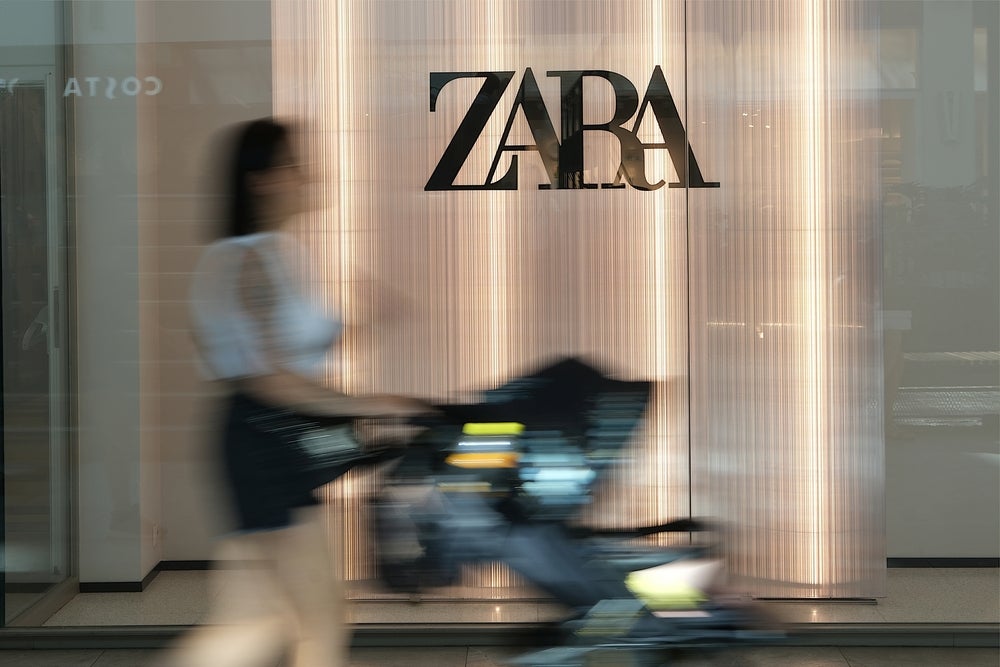H&M and HKRITA's Open Lab's mission is to bridge the gap between lab innovations and industrial applications, providing scalable solutions to address climate change challenges.
Situated at the Advanced Manufacturing Centre in Tseung Kwan O InnoPark, the Open Lab will serve as a central hub for research, development, and global collaboration.
The facility, spanning 6,000 square metres, is designed to support extensive R&D efforts and foster dialogue among industry stakeholders. The lab features two primary components: the Pilot Plant and the Fashion Future Lab.
The Pilot Plant includes an end-to-end upcycling line, with technologies such as an AI-powered smart garment sorting system and the Green Machine 2.0, which processes up to one ton of PET-cotton blended textiles daily.
Whilst the Fashion Future Lab focuses on early-stage innovations, including the “Farm-to-Garment” project, which integrates hydroponic cotton cultivation with yarn processing and garment knitting.
The Open Lab also maintains a technological database of over 80 sustainable projects developed by HKRITA. By transforming lab-scale research into industrial applications, the Open Lab aims to drive greater circularity within the industry, with solutions available for licensing at cost to ensure broad adoption.
The initiative is supported by the Innovation and Technology Commission of the Hong Kong Special Administrative Region and various stakeholders across the textile and fashion sectors. The Open Lab will also host a residency programme for global STEM students and an Open Lab Challenge to encourage innovative solutions in textile sustainability.
At the opening ceremony, Christiane Dolva, strategy lead at the H&M Foundation said: “A strong network of supporting organisations, the sharing of knowledge, and of course the courage to explore the unknown, is what has made the Open Lab possible.”
The Open Lab aims to be a transformative force in the textile and fashion industries, driving forward scalable and sustainable solutions to meet global environmental challenges.
In June, after the Science Based Targets initiative announced new criteria, including the potential use of offsetting for Scope 3, H&M Group expressed concerns about the changes.















